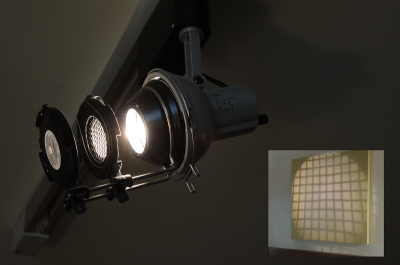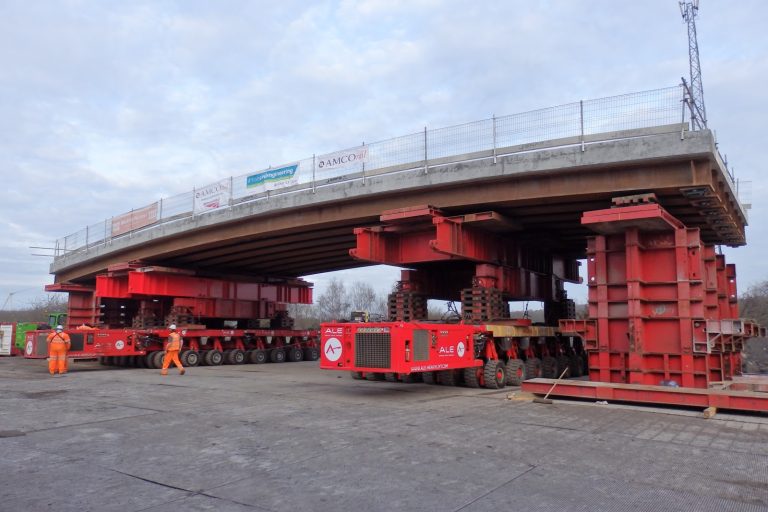House prices in the UK fell by 1% between June and July, taking the average price to £214,678, according to the latest index which also shows that overall growth is slowing.
In the three months to July prices were 1.6% higher than in the preceding three months, above June’s 1.1% increase and similar to the rates recorded in April and May of 1.5% but it significantly lower than in February and March. The data from leading lender the Halifax, also shows that prices in the three months to July were 8.4% higher than in the same three months a year earlier, unchanged from June but the lowest since July 2015 when it was 7.8%. The month on month decline largely offset the 1.2% increase in June, but Martin Ellis, Halifax housing economist pointed out that month on month changes can be erratic and monthly falls often occur within an upward trend. He explained that it was the third monthly fall so far this year and was smaller than February’s decline of 1.5% and the quarter on quarter change is a more reliable indicator of the underlying trend. The number of first time buyers increased by an estimated 10% in the first six months of 2016 compared with the same period in 2015, according to the Halifax First Time Buyer Review. There were an estimated 154,200 first time buyers in the first half of 2016 compared with 140,500 in the same period last year. This was more than double the market low in the first half of 2009 when it was 72,700. Nonetheless, the number of first time buyers in the first half of 2016 was nearly a fifth lower than in 2006. ‘There are signs that house price growth is slowing with a deceleration in both the annual and quarterly rates of increase in the past few months. Nonetheless, the current rates remain robust. Overall, it remains too early to determine if there has been any impact on the housing market as a result of June’s EU referendum result,’ Ellis added. Alex Gosling, chief executive officer of online estate agents HouseSimple, also believes that too much should not be taken from the monthly figure. ‘There are so many factors at play right now, we’re probably going to have to wait until September to get a clearer picture of how the housing market is coping with this headwind of political and economic uncertainty,’ he said. ‘Property transaction levels traditionally drop off during the summer months,’; he explained, adding that there have been a number of other factors impacting the housing market in recent months such as April stamp duty changes, the EU Referendum, and the cut in interest rates. ‘The Bank of England’s decision to cut interest rates yesterday should definitely provide a stabilising effect on the economy. Whether that will be enough to inject the necessary confidence into the property market only time will tell. It will certainly provide a level of confidence to buyers and home owners knowing that interest rates are unlikely to rise any time soon,’ he pointed out. ‘With employment still high, the cost of living low, and the continued lack of supply, this should help support property prices. On the ground, we’ve not seen a material drop off in buyer enquiries amongst all this turmoil, but we are seeing buyers negotiating harder on price. We may start to see sellers, who are keen and need to sell, softening on price demands in the coming months. Although, with stock levels perilously low in many areas, quality properties in high demand location will still attract very strong prices,’ he added. With prices still up 8.4% year on year, there’s no real evidence that UK home owners need to be concerned just yet, according to Russell Quirk, chief executive officer of eMoov. ‘Once the market picks back up in a couple of months’ time and the Brexit uncertainty starts to subside, I’m confident the previous upward trend in value enjoyed by UK home owners will continue. In the meantime, this slight slowdown in price growth coupled with yesterday’s rate cut by the Bank of England, make it an ideal time for those considering a property purchase,’ he added. Ian Thomas, director of online property investment business LendInvest, does not believe that Brexit has not changed the resilient foundations of the housing market. ‘While house building numbers are up slightly according to the National House Building Council, the fact remains that we simply aren’t building anywhere near enough to meet demand. This lack of supply, combined with cheaper financing as a result of yesterday’s base rate cut, will continue to support house prices,’ he said. ‘The Prime Minister has talked about improving housebuilding, but those words need to be backed up with meaningful action. We can’t simply look to the biggest house builders to build us out of this crisis. More needs to be done to support developers of all sizes,’ he added. But Ben Madden, managing director of London estate agents Thorgills, does not think that the cut in interest rates will lead to higher house but it will help to further stabilise them. ‘People today are a lot more streetwise than they were when the global financial crisis struck. There’s more caution in property transactions, certainly, but people are more attuned to uncertainty and understand that life has to go on,’ he said. ‘Committed buyers and seller are very much active, while window shoppers have fallen away. To an extent, this has injected an extra efficiency into the market. You would expect August to remain fairly quiet, for the usual seasonal reasons,’ he added. Source link








